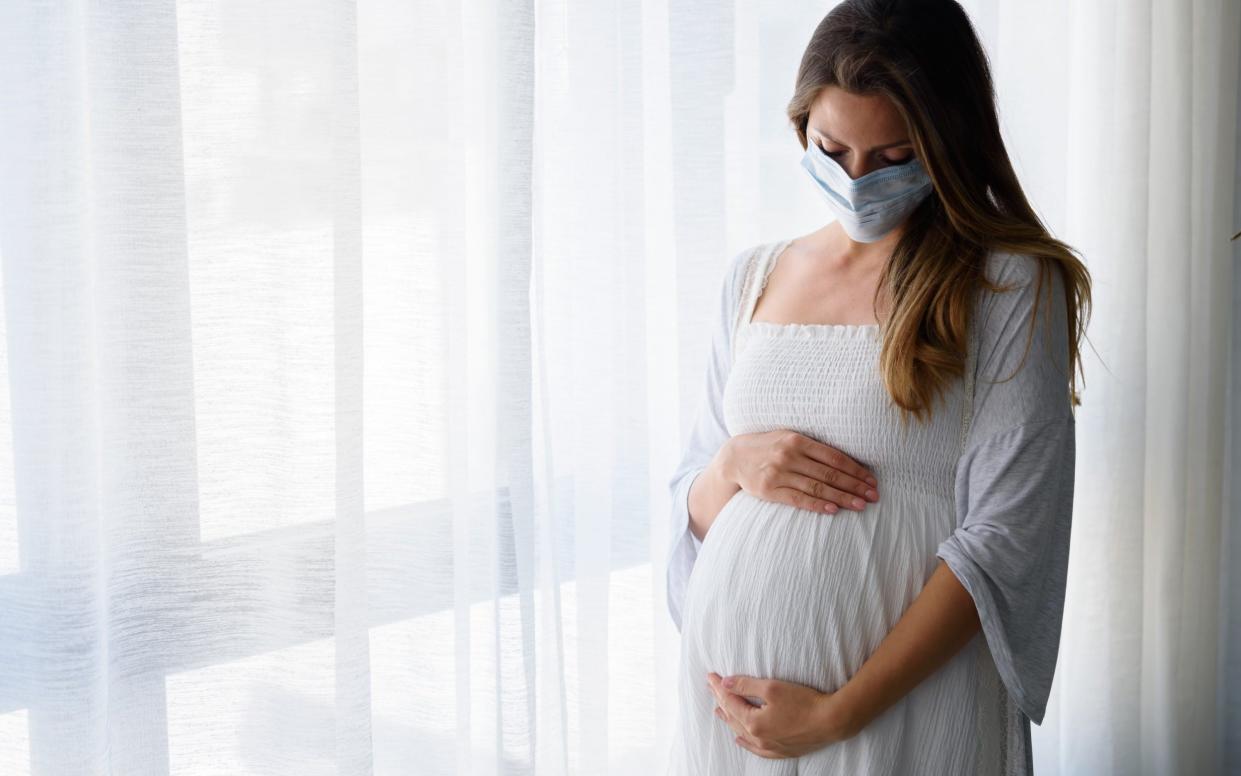Baby boom in second year of Covid pandemic as lockdown restrictions eased

A mini Covid baby boom happened in the second year of the pandemic, figures suggest.
The Office for National Statistics (ONS) has revealed its annual figures on conceptions in England and Wales for 2021, with researchers finding that there were 824,983 conceptions for women of all ages – the first increase in six years.
Women aged 30 to 34 had the highest number of conceptions for the fifth year in a row, with a record high of 249,073 in 2021. This age group also had the highest conception rate, of 116.2 per 1,000 women.
The conception rate for women aged 40 and over continued to rise, and in 2021 was at a record high of 17.3 conceptions per 1,000 women, compared with 13.9 in 2011. However, the ONS warned that this may be an effect of the differences in population estimates used.
Sian Bradford, the senior research officer in child health at the ONS, said: “Today’s release provides further understanding of conception rates during the coronavirus pandemic, when lockdowns and restrictions may have affected behaviours.
“We can see that the number of conceptions in England and Wales has increased for the first time since 2015 and were at a record high for women aged 30 to 34 years, and for women aged 40 and over. Interestingly, our data shows a higher conception rate among women who were not married or in a civil partnership.
“Despite a higher percentage of abortions, women who were not married or in a civil partnership still have a higher number of conceptions leading to maternity. Further work will be needed to establish whether this marks a change in trend.”
A spokesman for the British Pregnancy Advisory Service said that while the numbers of overall conceptions were up, the rate of conceptions per 1,000 women of reproductive age was at its lowest level in 10 years.
“Women were not more likely to conceive in 2021 than in 2020 – there were just more women to conceive,” she said.
“The increase in the number of births in 2021 most likely reflects the impact of the easing of lockdowns. We know that financial precarity and uncertainty are barriers for individuals and couples who want to have a baby – therefore it makes sense that, when life returned to normal, family plans that had been put on hold were once again resumed.
“I would suggest, therefore, that the 2021 figure shows a slight baby bounce from the previous year after lockdown restrictions were gradually eased, but the trend continues towards fewer births in this country and a greater proportion of conceptions ending in abortion.”
There were 616,300 births in 2020, rising to 627,400 births in 2021, but this figure is still significantly below the number of births 10 years earlier – in 2011, the number was 727,700.
The number of births in 2021 was also well below the number of births in 2019, pre-pandemic, which was 642,900. In 2021, 26.5 per cent of conceptions led to abortion, whereas in 2011 it was 20.8, or one in five.in trend.”

 Yahoo News
Yahoo News 
